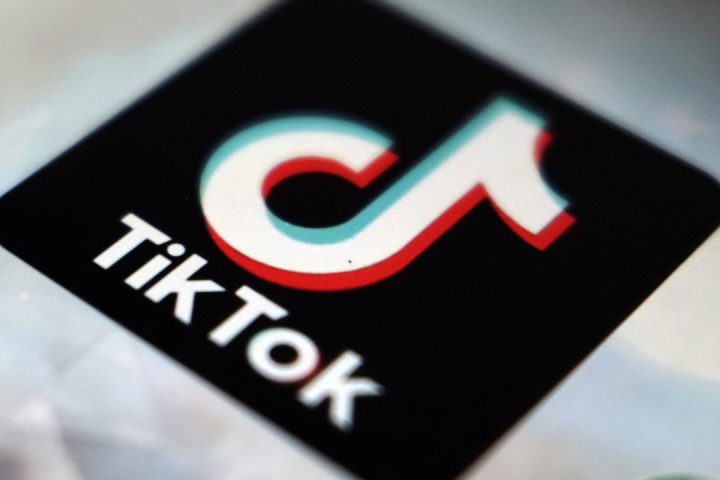Politics today is undergoing a complex transformation, and one of the key players in this transformation is social media. The role of social media, especially in the rise of right-wing political movements, defines the quarter-century of digital populism. In this article, we will try to understand the rise of social media in politics and how digital populism is taking shape.
The Foundations of Digital Populism:
The main dynamic of social media in triggering political populism is the ability of leaders and movements to interact directly with their audiences. More instantaneous and interactive than traditional media tools, social media offers populist leaders the opportunity to communicate directly with their supporter base. This makes it easier for leaders to craft their own narratives and respond quickly to popular demands.
The Role of Algorithms:
Social media’s sophisticated algorithms give populist leaders and movements the advantage of expanding their base of supporters by highlighting content of interest to users. By directing users to other like-minded content, algorithms help populist messages reach a wider audience. This allows digital populism to spread to large masses in a short time.
Mobilization Power of Social Media:
Social media platforms offer a powerful toolkit for leaders to organize and mobilize their supporter base. Digital campaigns, hashtag movements and online interactions play a critical role in increasing the political influence of populist leaders. Social media fosters not only the flow of information, but also digital activism that translates into a mass movement.
Disinformation and Social Polarization
However, the impact of social media in the political arena is not only positive. The rapid spread of disinformation blurs the boundaries between truth and misinformation. At the same time, social media deepens social polarization by steering users towards particular views. This makes political dialogue more difficult and divides society.
Future Perspectives and Conclusion
The dynamics of social media triggering political populism are complex and an important factor that will determine the future political landscape. As politics becomes increasingly digitalized, it is critical to focus more than we think on the role of social media and understand how these changes will shape our societal dynamics. The political landscape of the digital age is full of uncertainties, but we need to take steps now to deal with them.





